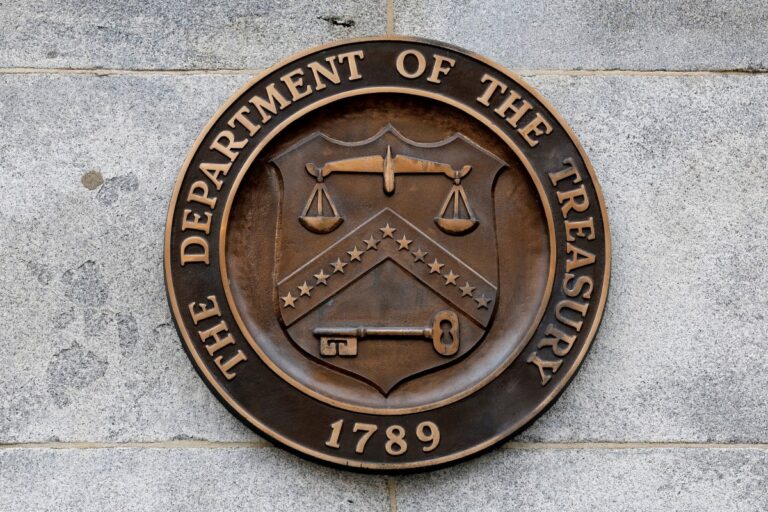Rights Groups Demand Public Hearing for Apple’s Appeal Against UK’s Secret iCloud Backdoor Order
Privacy rights organizations are urging that Apple’s legal dispute with the U.K. government regarding a secret surveillance order be addressed publicly. This order demands that Apple create a backdoor for an end-to-end encrypted (E2EE) version of its iCloud storage service, raising critical questions about user privacy and data security.
Background of the Legal Challenge
Recently, reports surfaced revealing the existence of a government order compelling Apple to provide law enforcement access to data stored in its E2EE service. Following these revelations, Apple announced the suspension of its Advanced Data Protection service for U.K. users. However, the implications of this surveillance order extend beyond U.K. borders, potentially affecting users located internationally.
Significance of the Appeal
The legal appeal filed by Apple is crucial, as it challenges the legitimacy of the government order. The outcome could set a significant precedent for privacy rights in the digital age. Here are some key points about the situation:
- Privacy Implications: The order threatens the privacy rights of millions of users, both in the U.K. and abroad.
- Public Interest: Privacy rights groups emphasize the need for transparency in this case, highlighting the public’s right to understand government actions.
- Legal Framework: Appeals related to U.K. surveillance are typically heard by the Investigatory Powers Tribunal (IPT), often in closed sessions, which raises concerns about accountability.
Call for Public Hearing
In a joint letter addressed to the president of the IPT, prominent rights organizations including Big Brother Watch, Index on Censorship, and the Open Rights Group have made a compelling case for a public hearing. They argue:
- This case significantly impacts the privacy rights of Apple users.
- There is a pressing public interest in understanding the basis on which the U.K. government can compel a private entity to compromise user security.
- The IPT has a responsibility to conduct hearings publicly unless national security is genuinely at stake, which the groups contest in this instance.
Conclusion
The outcome of this legal challenge could shape the future of digital privacy rights not only in the U.K. but globally. Advocates for privacy are calling for an open hearing to ensure that user rights are protected and government actions are transparent. For more information on digital privacy issues, visit Electronic Frontier Foundation.
Stay updated on this developing story and its implications for privacy rights by following credible news sources and privacy advocacy groups. For further reading on similar topics, check our internal pages on privacy rights and surveillance issues.






